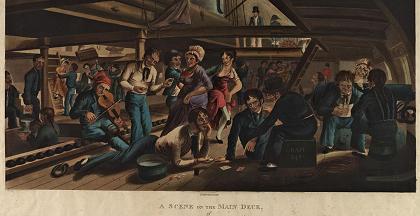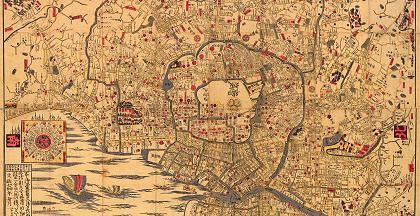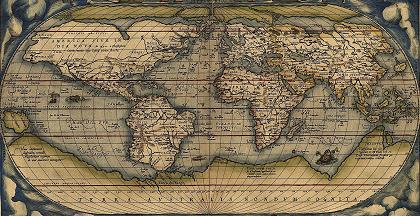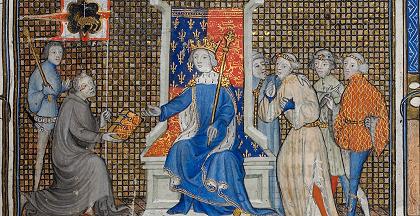Steven Port
Guest Writer at GetHistorySteven Port lives in Eynsham, Oxfordshire. He completed his Masters in Historical Studies at the University of Oxford in 2019. He feels he should really find one area of history about which he could become an expert, but he finds it all too damn interesting. He started his own historical blog, The Indecisive Historian, in 2020.
The Latest from Steven Port
Fiasco: The Mad Tale of the Fourth Crusade
For better or worse, the Crusades were among the more spectacular, far-reaching and important endeavours of the first two millennia of the Common Era. Typically they are seen as huge battles between the Christian West and the Muslim East, but as the Fourth Crusade shows, that wasn't always the case.
Forged in Ice and Fire: The Tale of the Polish II Corps
It has taken a long time for the endeavours of forces like the Polish II Corps to make their way back into the global consciousness. There is still a long way to go until both the heroism and betrayal are fully appreciated.
Jane Tar: Women and the Royal Navy in the Age of Sail
There can be few historical milieus as thrilling and iconic as the lives of men at sea in the glorious Age of Sail. Yet there is always something in these images that is notable for its absence – the presence of women.
Charts and Minds: Maps - Beyond Geography
Maps are usually looked at as functional works that have the narrow aim of describing geographical spaces. This idea is just as narrow. They are not just a description of geography and topography, but a great source of historical information and tell us much about social, political and artistic culture.
The Primary Frontier: Space and History
The study of history has traditionally focused on the actions of individuals and groups of human beings, identifying them as the key agents in an ongoing drama. But more recently some historians have pushed spatial theory and the role of geographical influence to the fore, placing human agents in a far more expansive context. This article seeks to introduce the topic of space to that of history, and to show how relevant - and influential - it can be.
Literature at the Court of Richard II
The last two decades of the fourteenth century stand out in English history, distinguished by cultural, social and political shifts that have echoed through the centuries. Yet perhaps the most widely-accepted and lauded change in this period came with the development of literary culture. The works of poets such as Geoffrey Chaucer mark a revolution in the history of English as an artistic language.

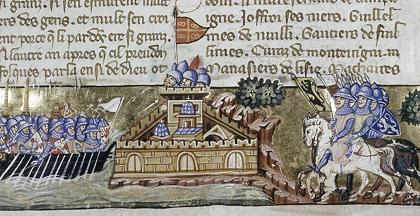
-listing-main.jpg)
